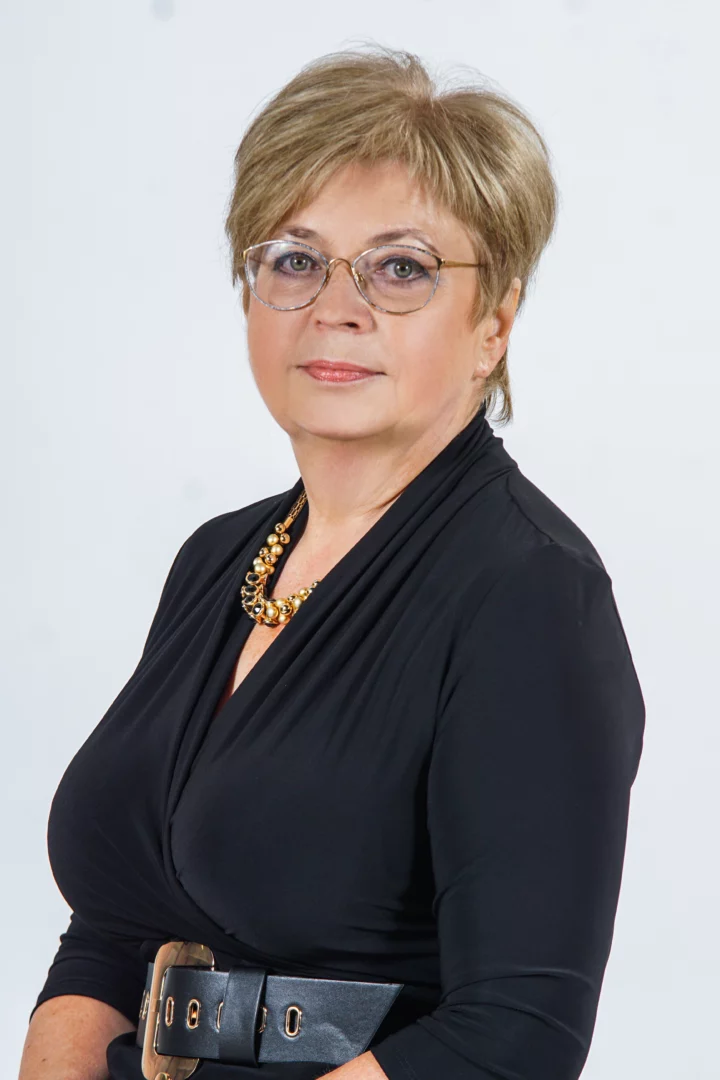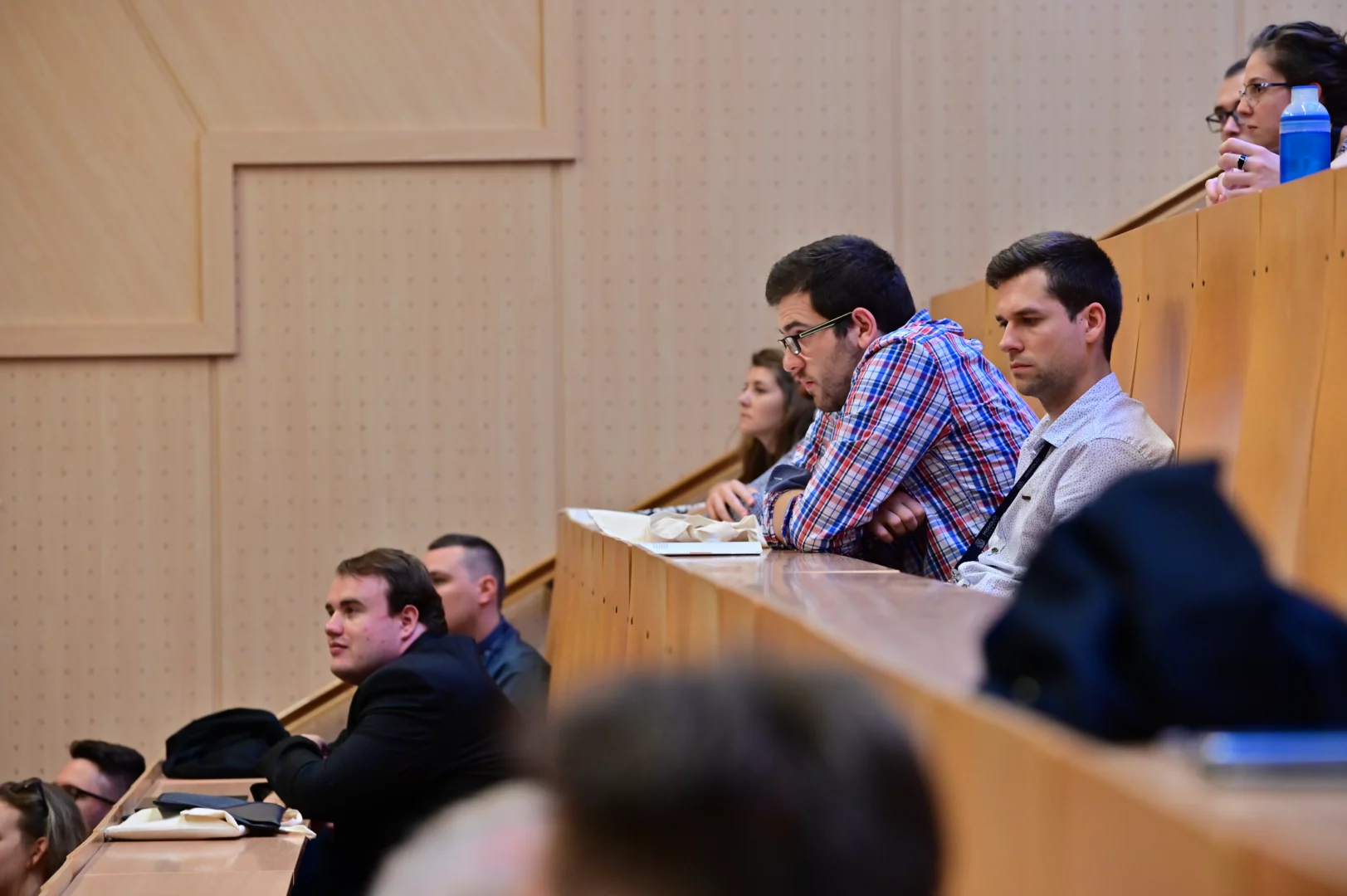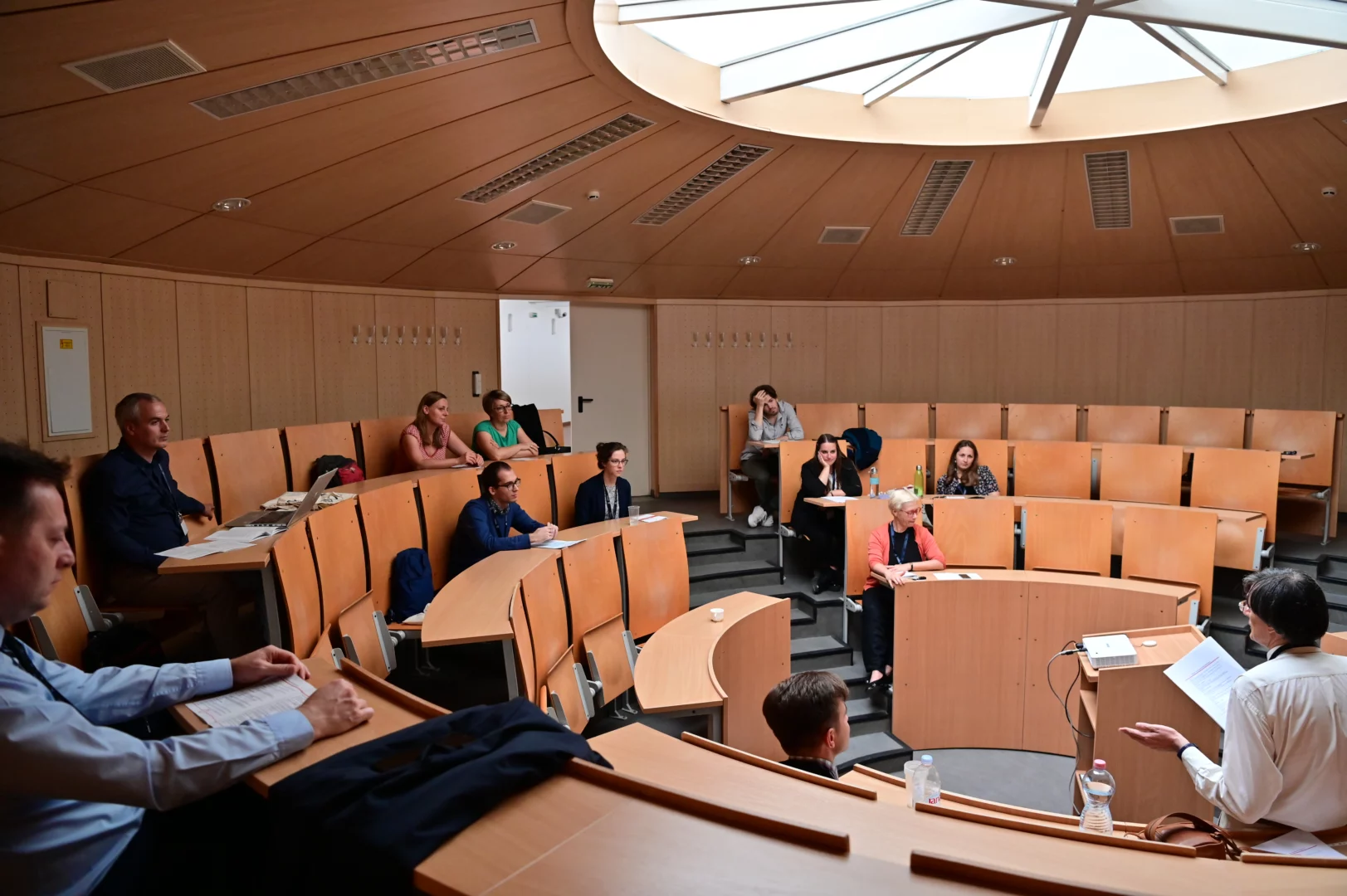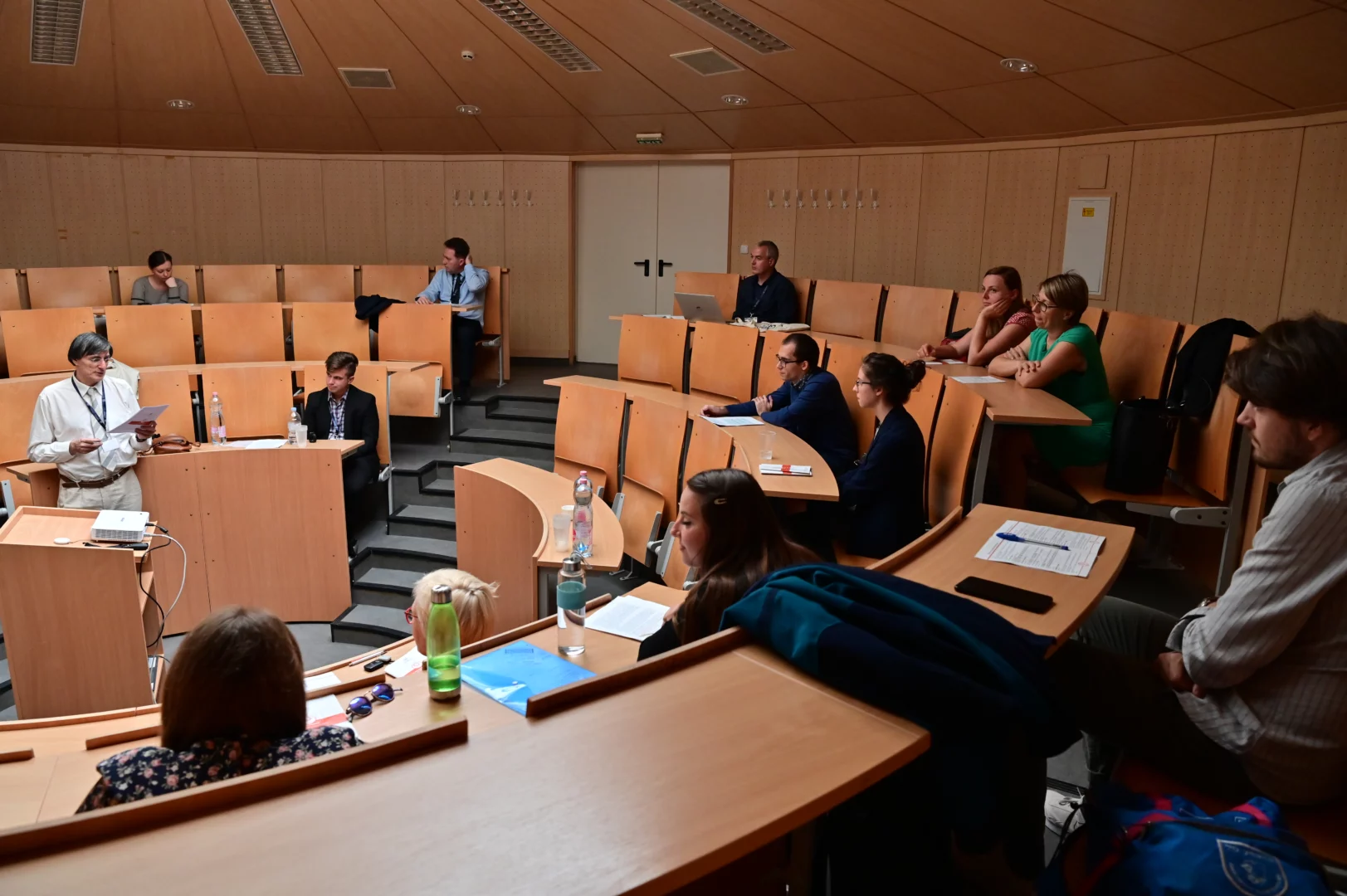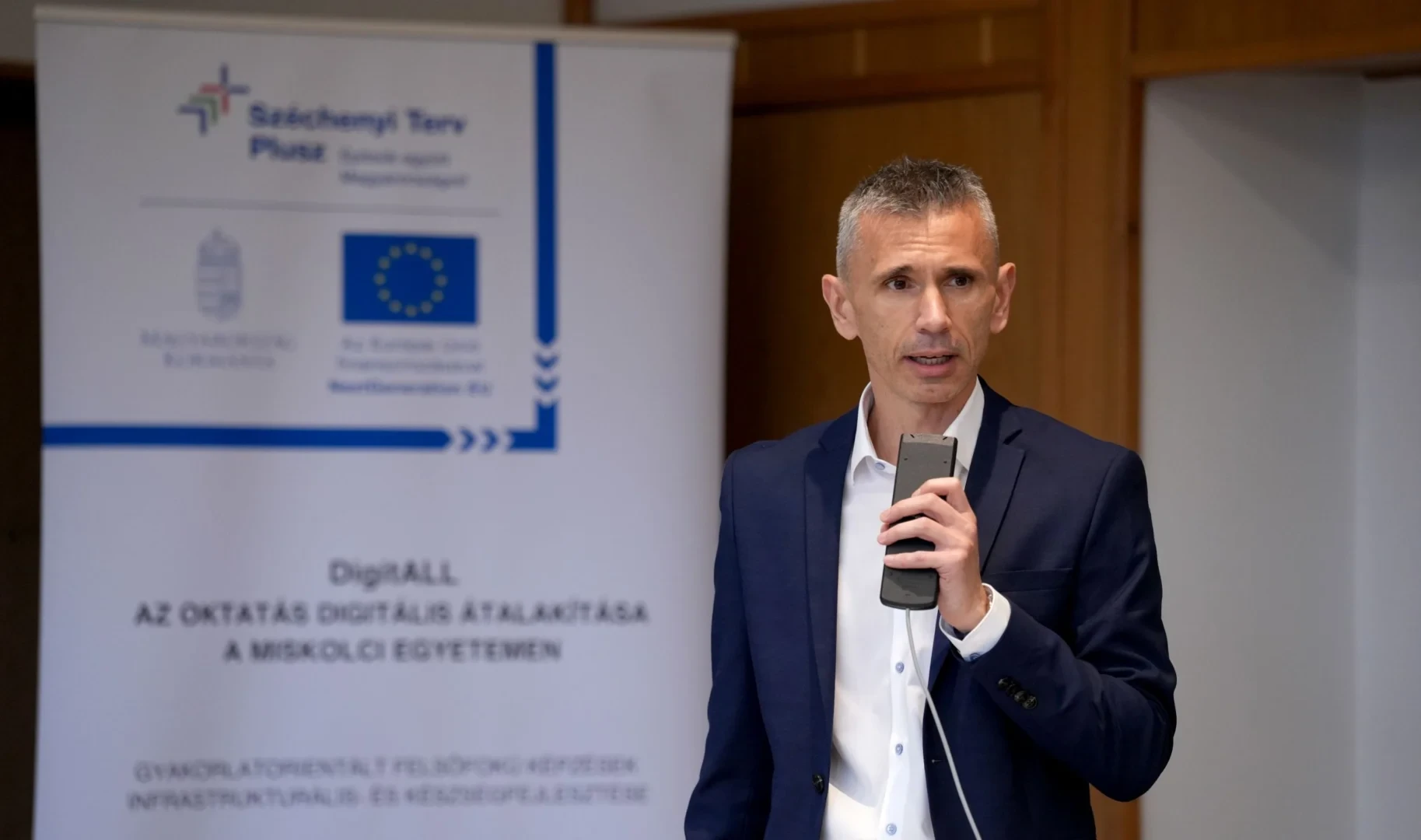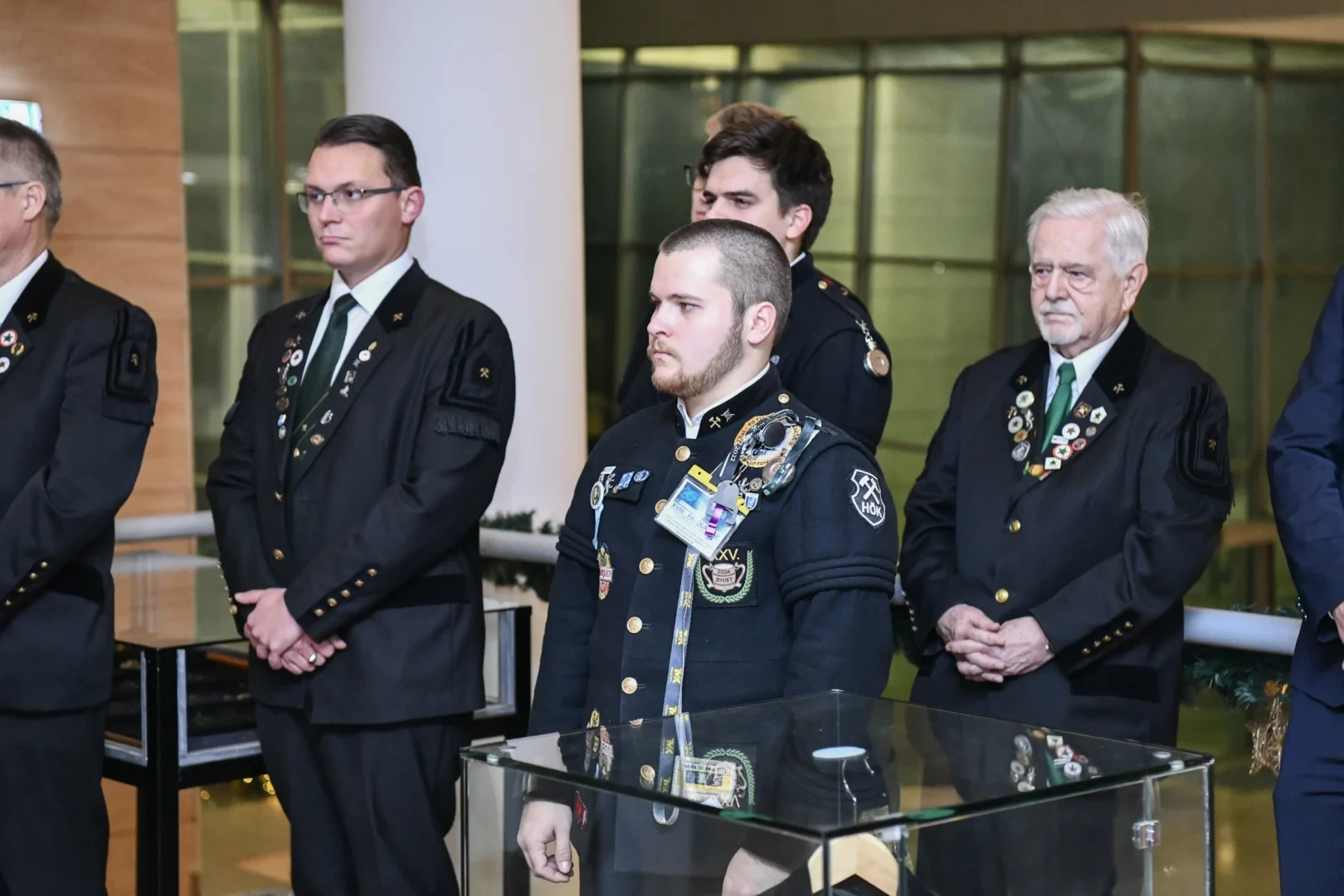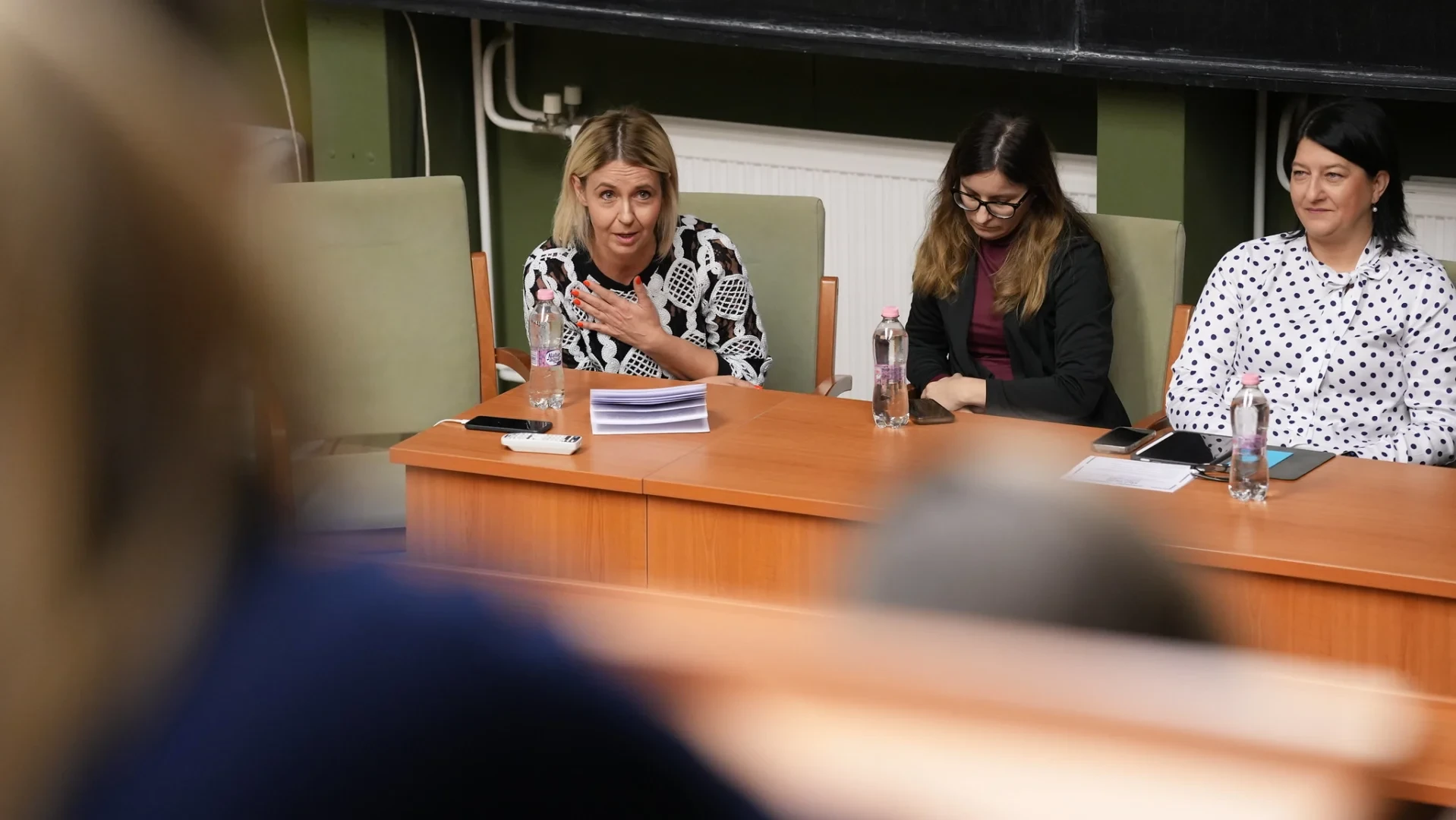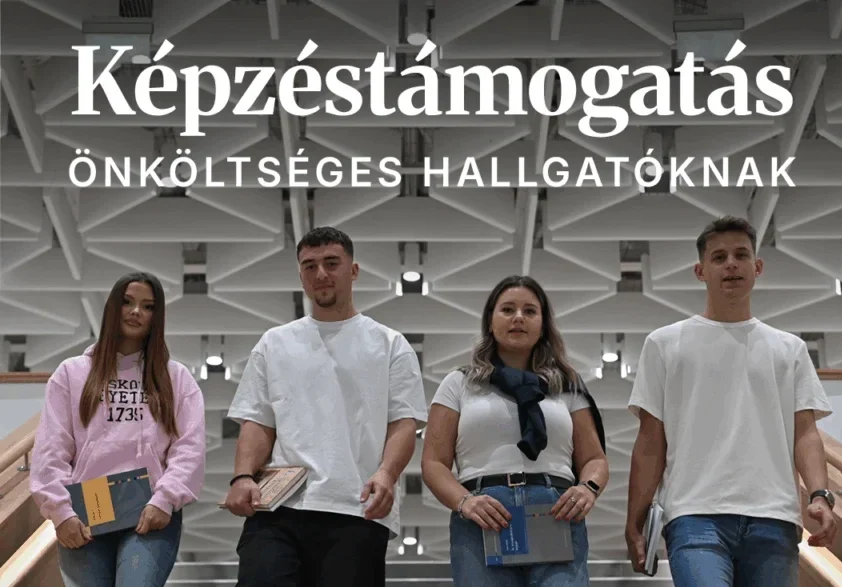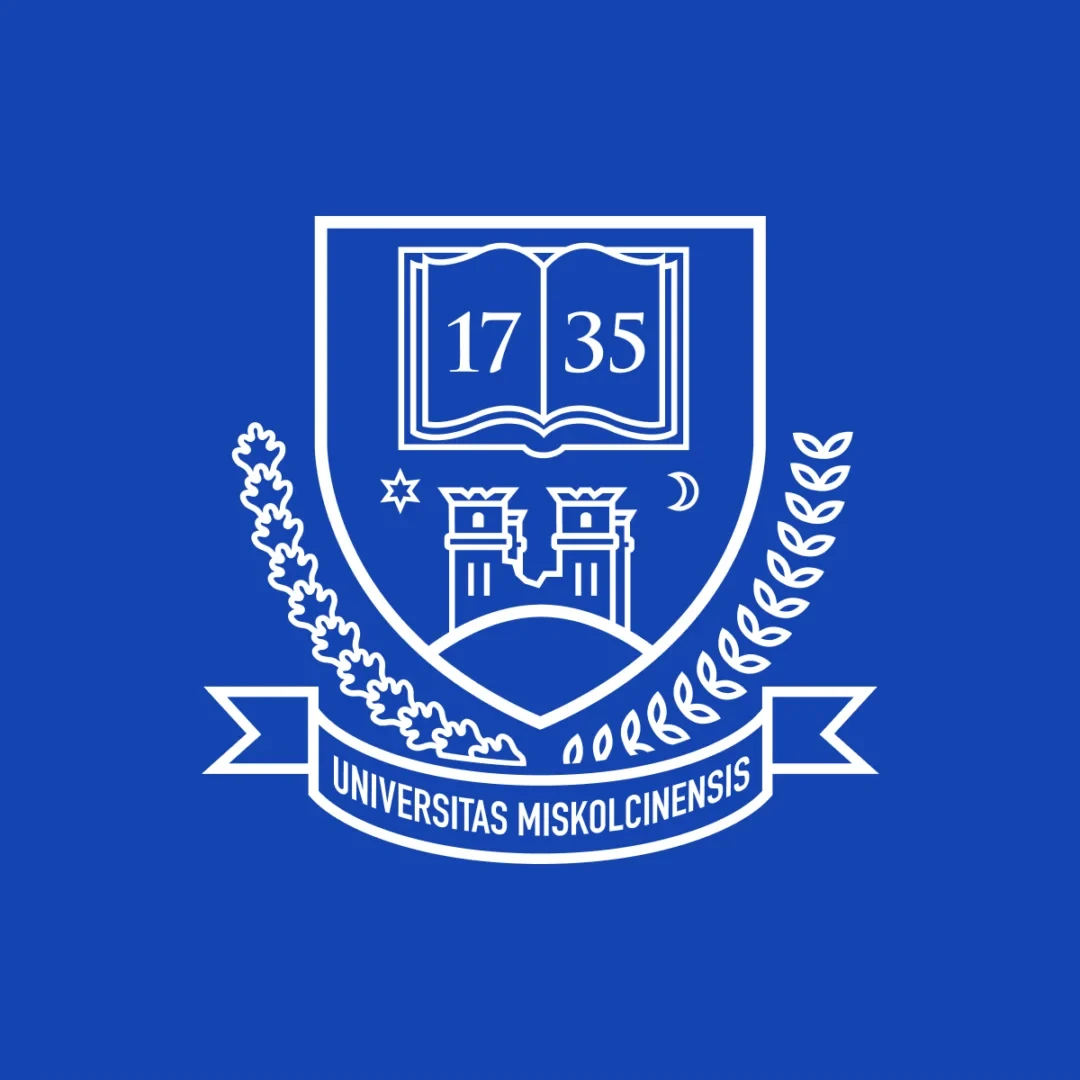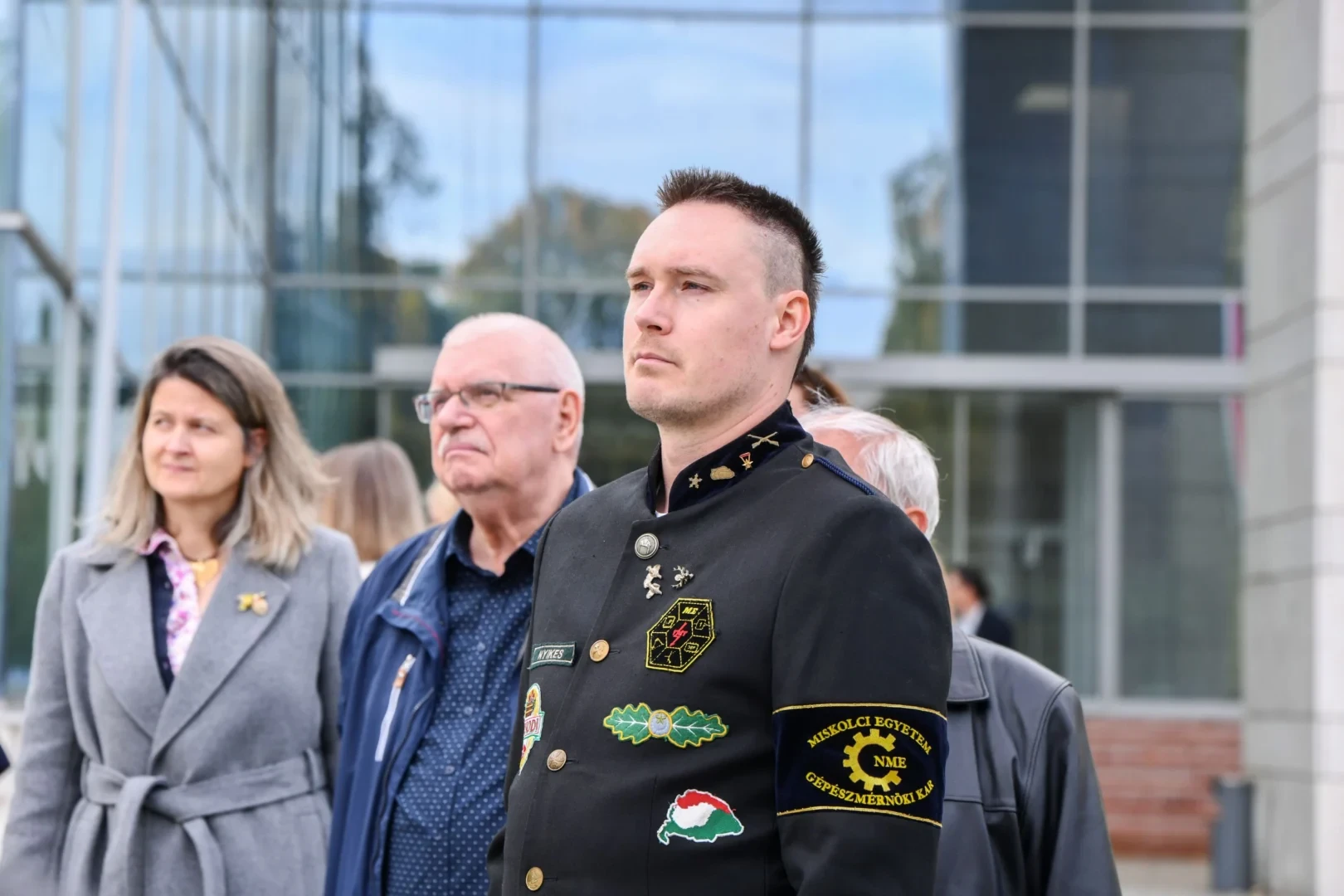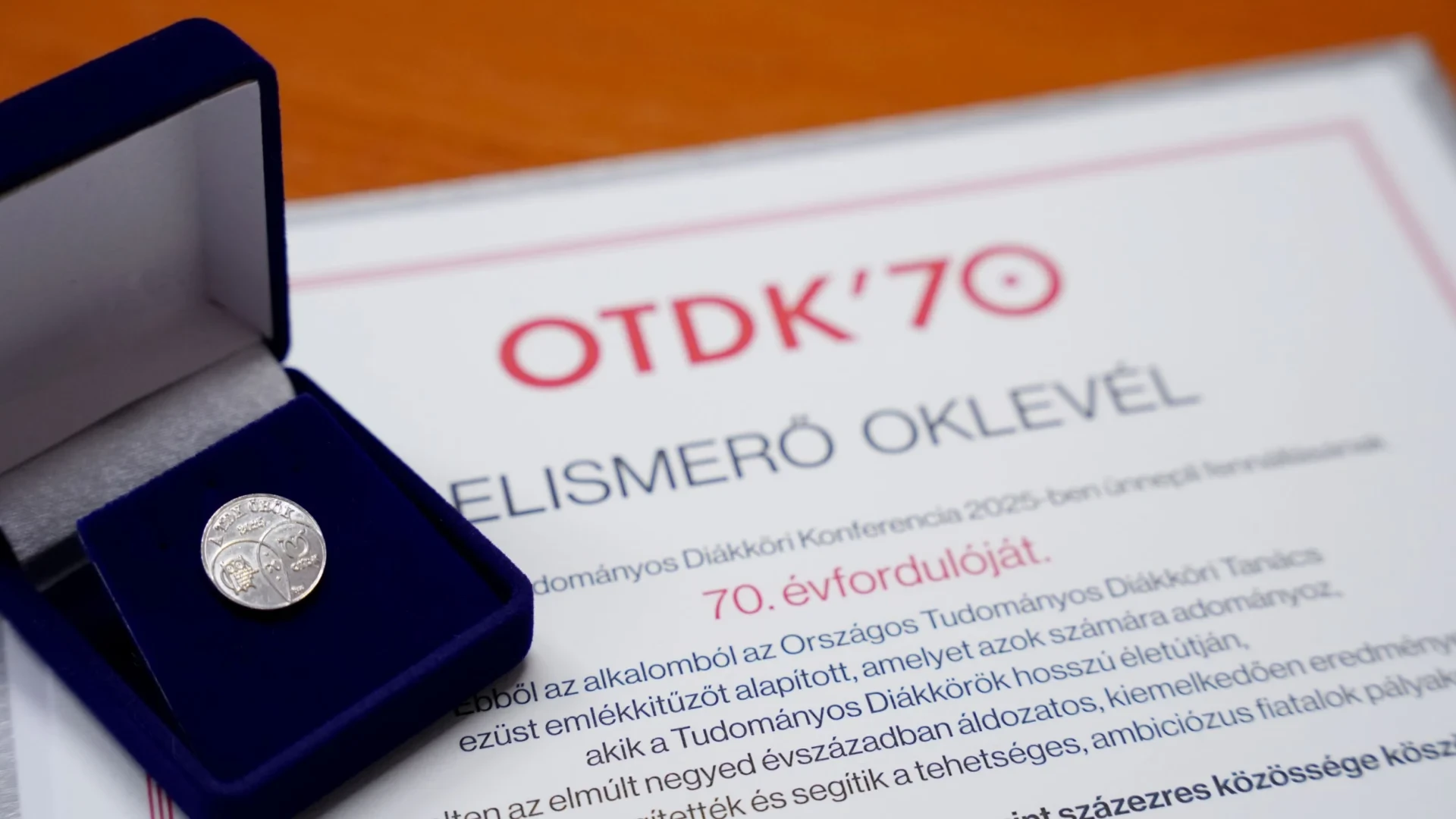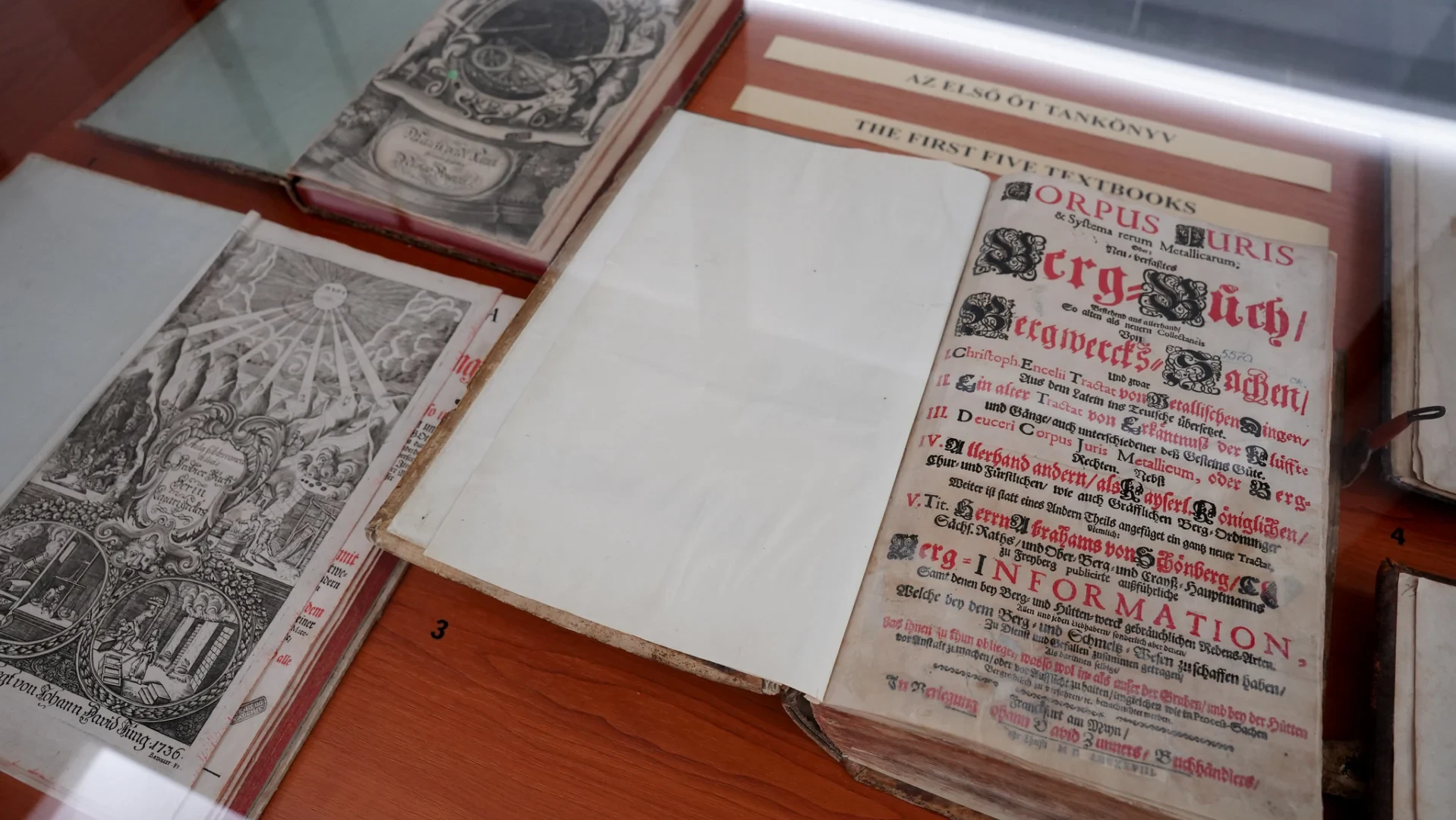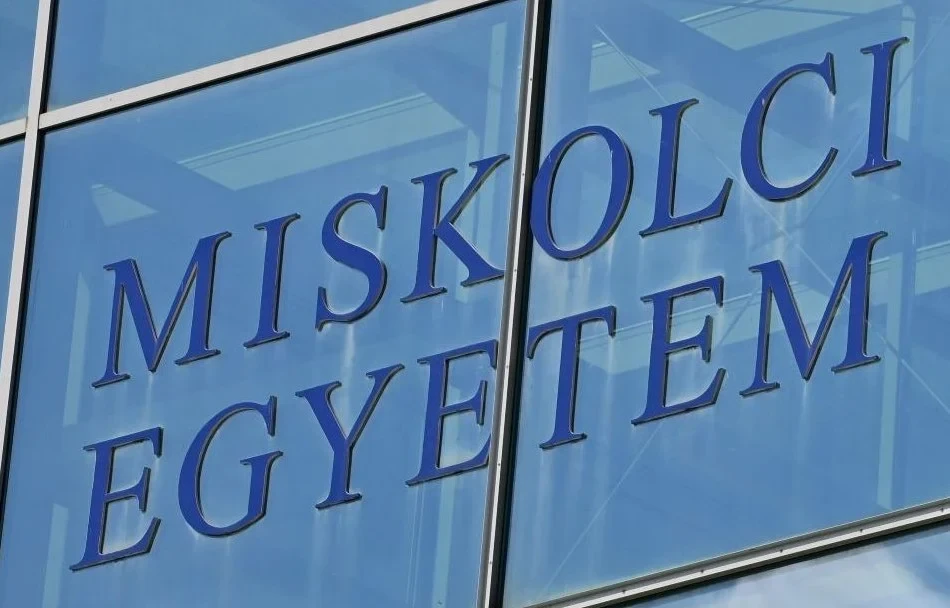Faculty of Humanities and Social Sciences
The Institute of Humanities of the University of Miskolc, Hungary started its activities in the academic year 1992/93, emphasising the university character of the institution.
In the first academic year, the Institute started with a two-year course, which was taken over from the Miskolc Humanities Association. However, the Institute’s existence proved to be limited from the very beginning: the management of the time applied for faculty status as soon as possible, and this was successfully achieved in 1997, when the education in the humanities and social sciences was integrated into the University Faculty, and the Faculty of Humanities entered its „adult age”.
Teaching and research in the humanities and social sciences and teacher training have a history of more than a quarter of a century at our university, and although we are one of the youngest faculties, our achievements speak for themselves: the initial few university and two college-level courses have now been expanded: since the Bologna process, we have bachelor’s degrees, master’s degrees, 24 pairs of teaching professors, a number of specialised postgraduate courses, and a PhD in literature at our Doctoral School of Literature for graduates who wish to continue their studies at an even higher level, the Doctor of Philosophy degree.
For years, national surveys have shown that we are on the right track: we are among the leaders both in terms of the quality of our teaching staff and in terms of student satisfaction: among the 30 or so liberal arts institutions in the country, only universities with a long tradition of teaching are ahead of the Faculty of Humanities of the University of Miskolc. The quality of the Faculty is also reflected in the fact that almost 90% of the anonymous respondents said that they would choose ME BTK again if they could, and would not go to any other university.
This also places a responsibility on the current management and lecturers of the Faculty. High-quality teaching and research, ever-increasing student involvement in academic life and a mutually respectful atmosphere can only ensure that our students continue to enhance our reputation in the country and the world – with a degree in the humanities, social sciences or education, good communication skills and a solid command of languages, they can earn a secure living, get a good job and, most importantly, do what they love.
The Faculty of Humanities and Social Sciences of the University of Miskolc provides modern, applicable knowledge for the people of the 21st century. The ever-expanding range of courses includes everything that belongs to the classical humanities and social sciences, but there is also a wide range of teacher training courses, a new course for special needs teachers and an ever-expanding range of courses. Our faculty provides all students with access to practice-oriented, applicable knowledge, an essential requirement in today’s fast-paced world.
Our faculty leadership, teachers and students are united in the belief that our traditional greetings not only shape our past and present, but also our future:
VIVAT Humanities and Social Sciences!


